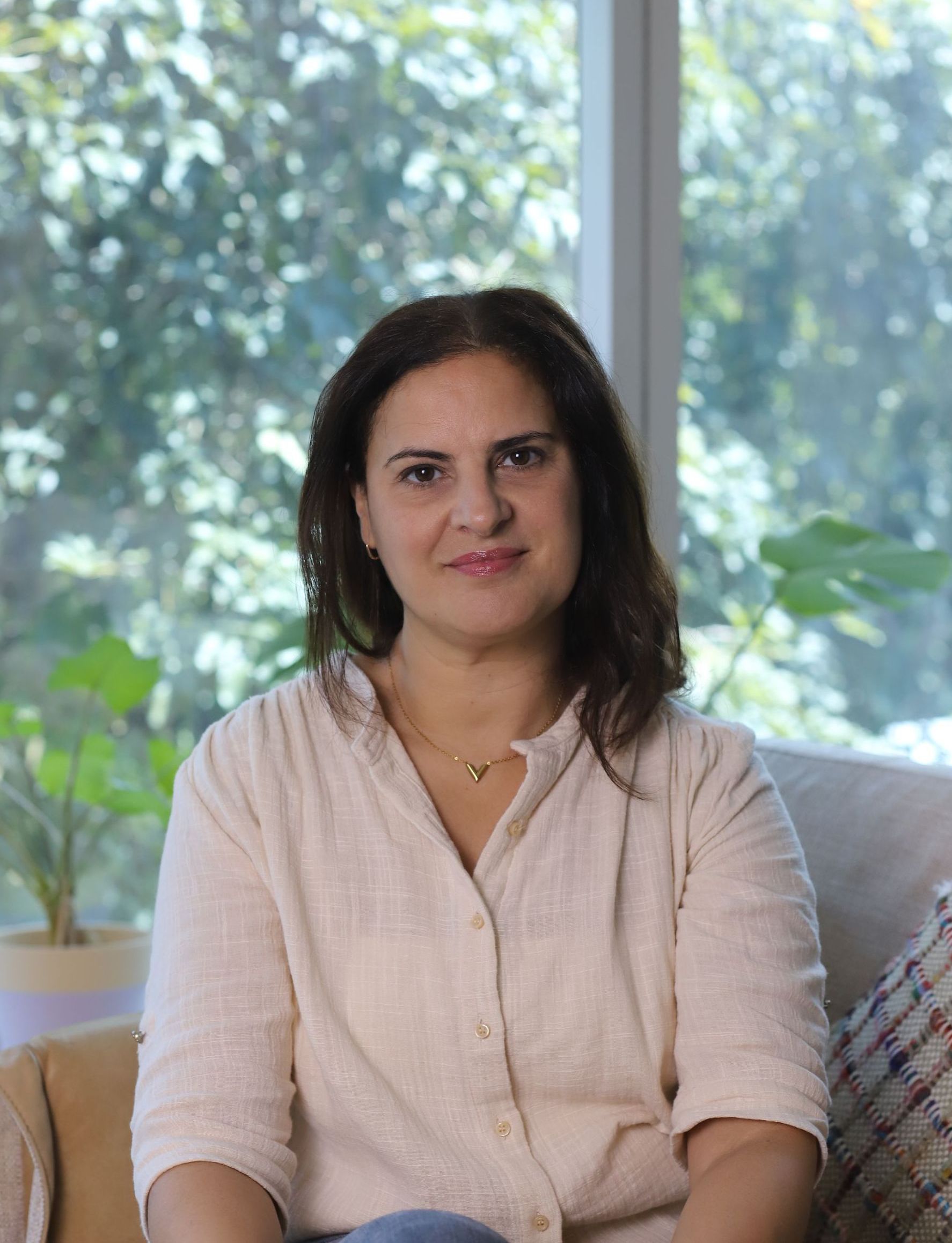Family Counseling (Singapore and Online)
While it's normal for families to have disagreements, leaving issues unresolved can lead to resentment, anger, and even estrangement. Family therapy offers a safe, mediated environment where family members can resolve conflict and find a better path forward.
What Are Family Counseling Services?
Family counseling is a type of therapy that focuses on family relationship issues. Family therapy sessions can help you and your family members to communicate more effectively, solve problems together, and better understand and support one another.
Family therapists are counselors trained to help resolve family conflicts, as well as to identify and treat mental health issues within the family unit. At Counseling Perspective, our therapists work with family members of all ages, from children as young as three to seniors in their eighties.
Family therapy may involve both individual and group sessions. Sometimes family counseling sessions might be between a parent and child, or between two or more siblings. Other times, the entire family may be at the same counseling session.
In most cases, family counseling is a short-term commitment. It usually takes place over a period of no more than twelve weeks, but this can be shorter or longer depending on the needs of your family.
Why Do People Go to Family Therapy Sessions?
The reasons why families might seek therapy are as diverse as families themselves.
Some of the most common family conflict scenarios we encounter include disagreements over money, child-rearing, in-laws, and differences in lifestyle.
Conflicts within couples and families can also commonly arise during times of transition or stress. Some examples include:
- Children growing into teenagers
- Adult children getting married or moving overseas
- The arrival of new family members (e.g. babies or step-relatives)
- Divorce, illness, or the death of a family member
- A family member developing a mental health issue (e.g. depression)
- "Trailing spouse" anxieties causing tension within expat families
Whatever the situation, a licensed therapist can provide counseling to help you and your family members strengthen relationships and achieve positive change.


















